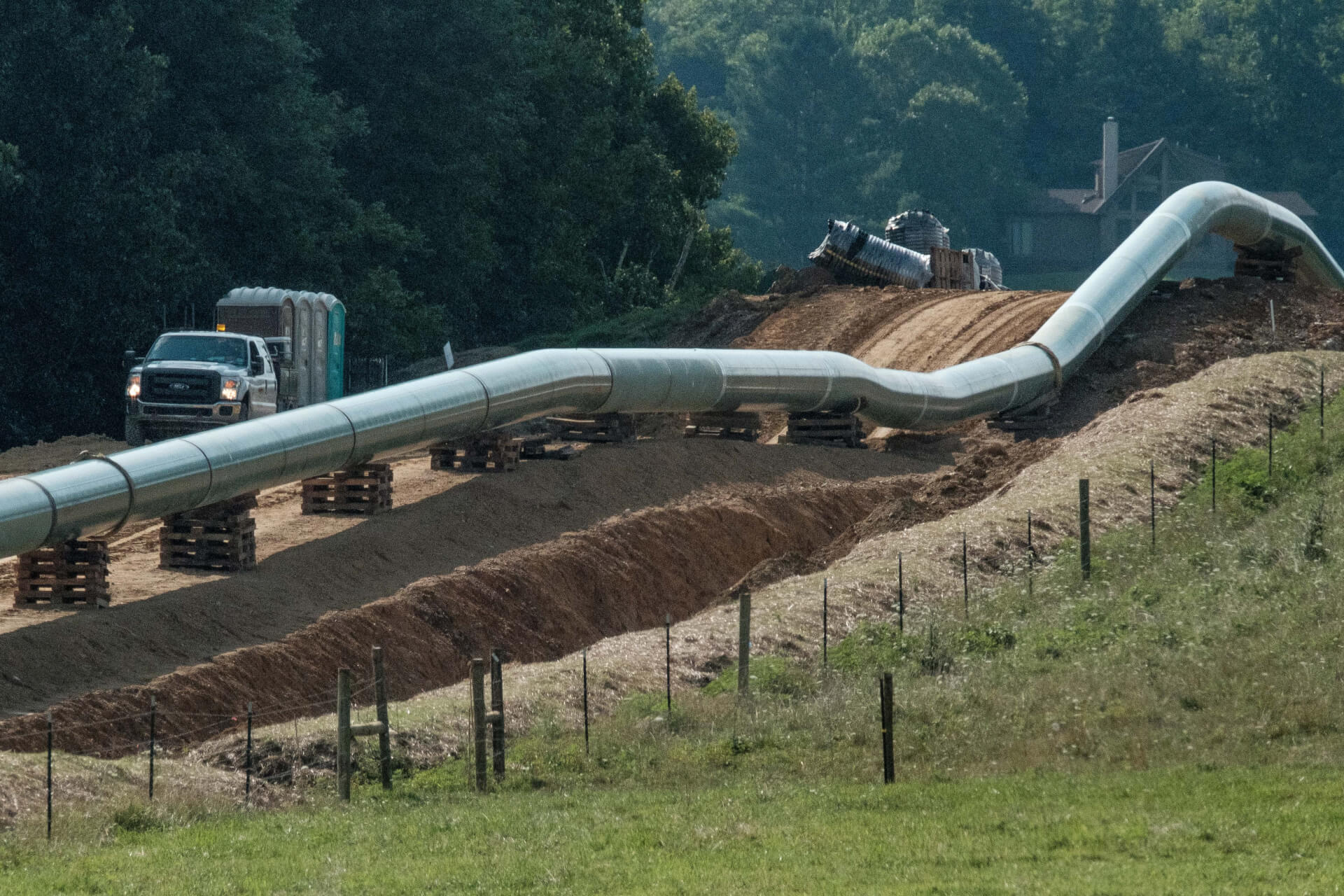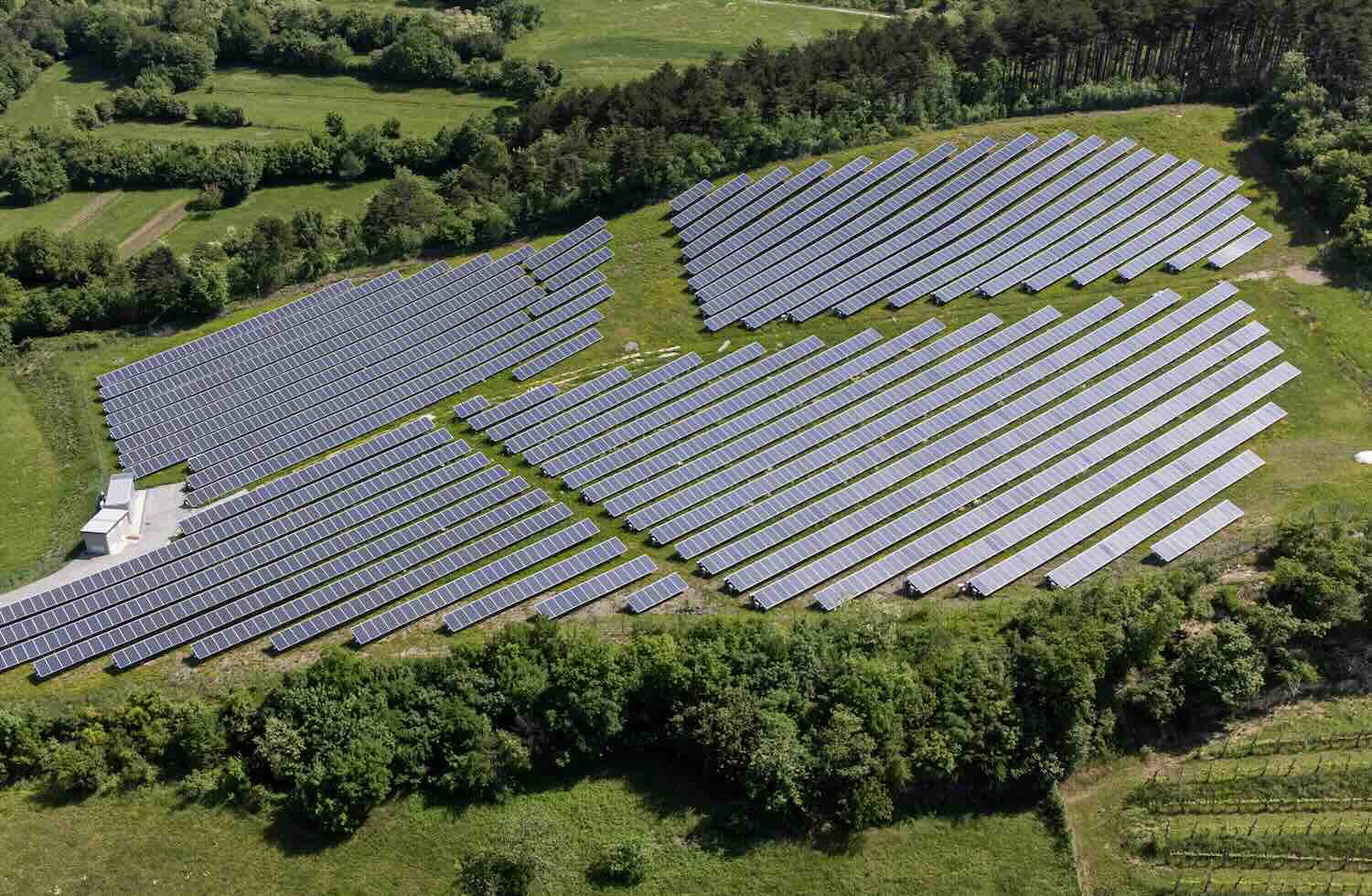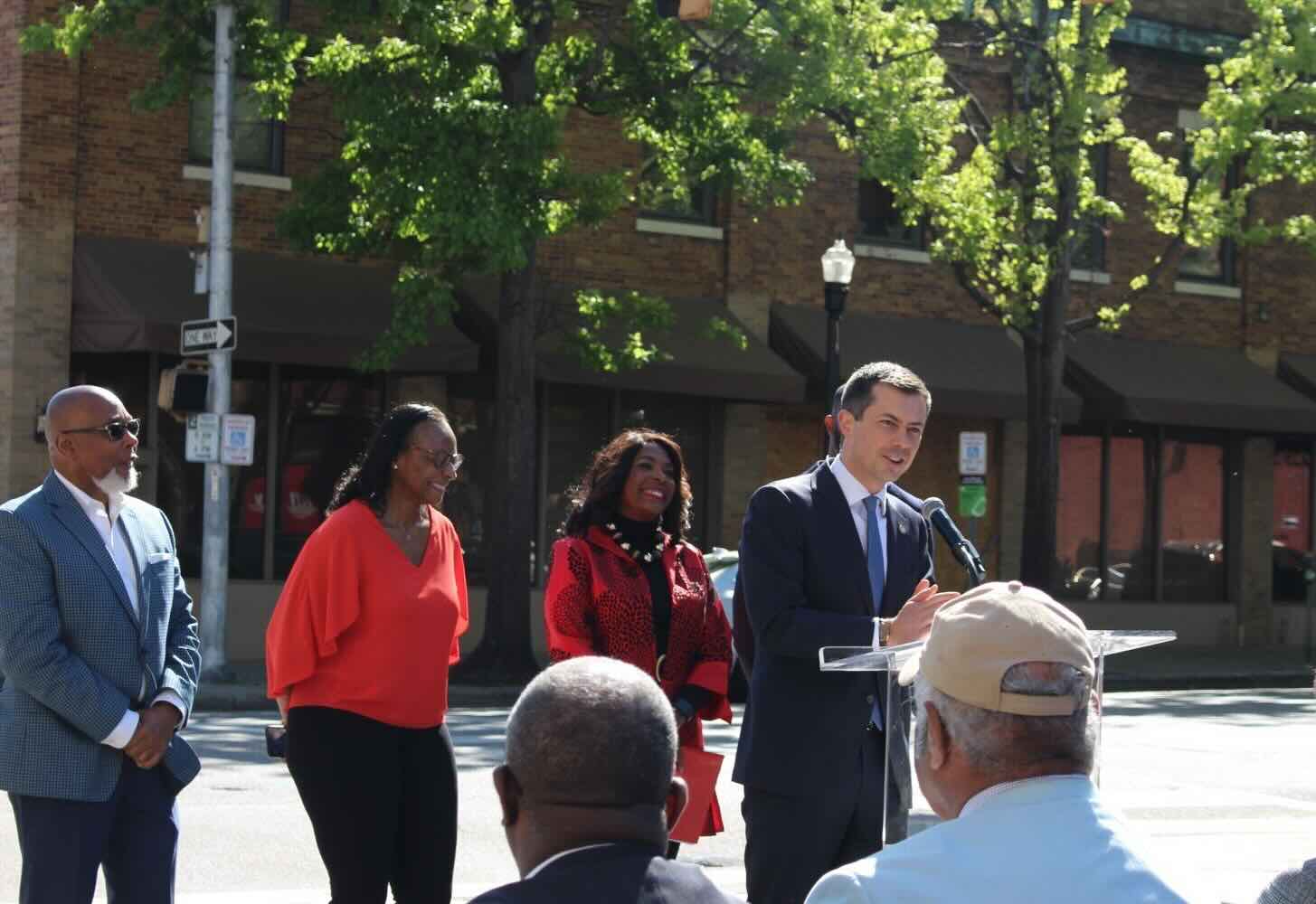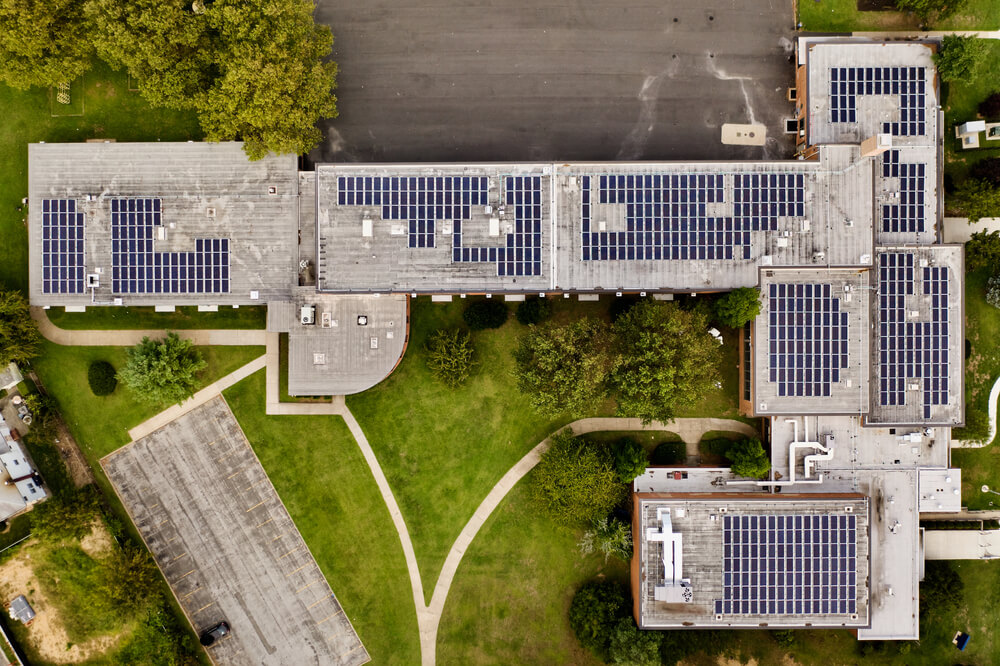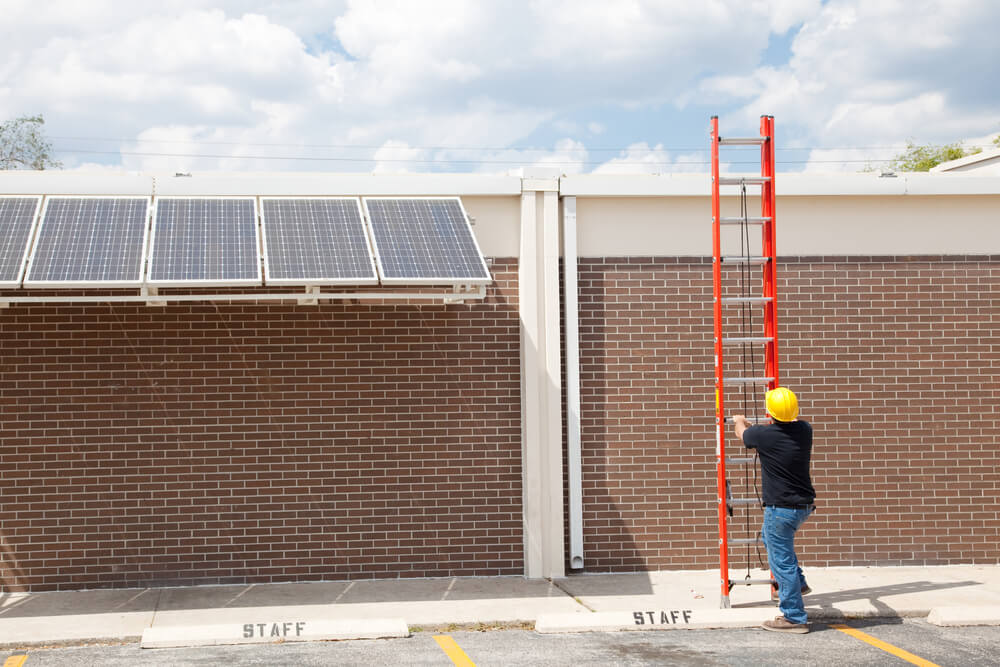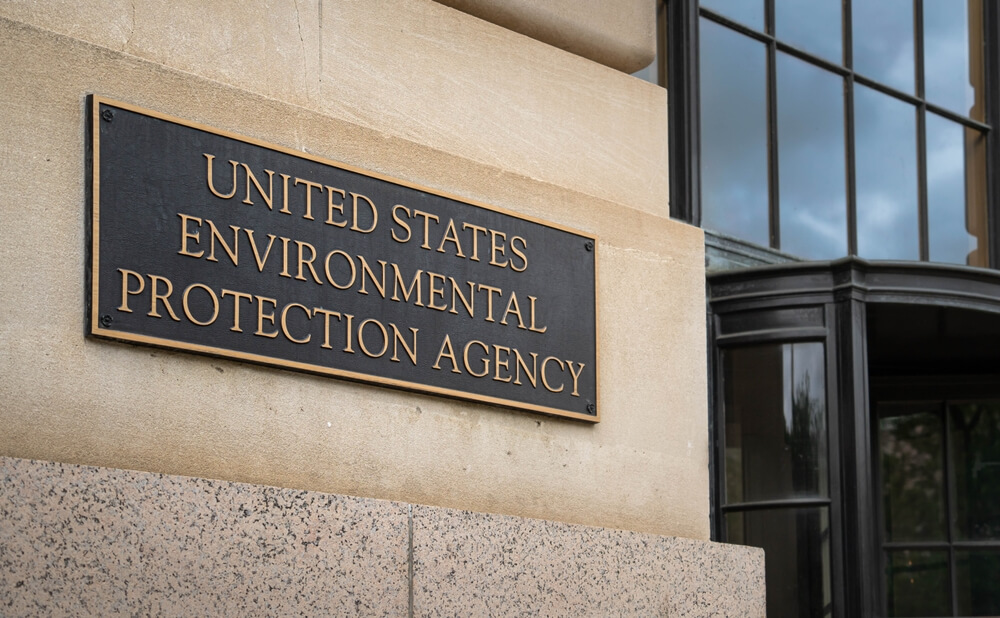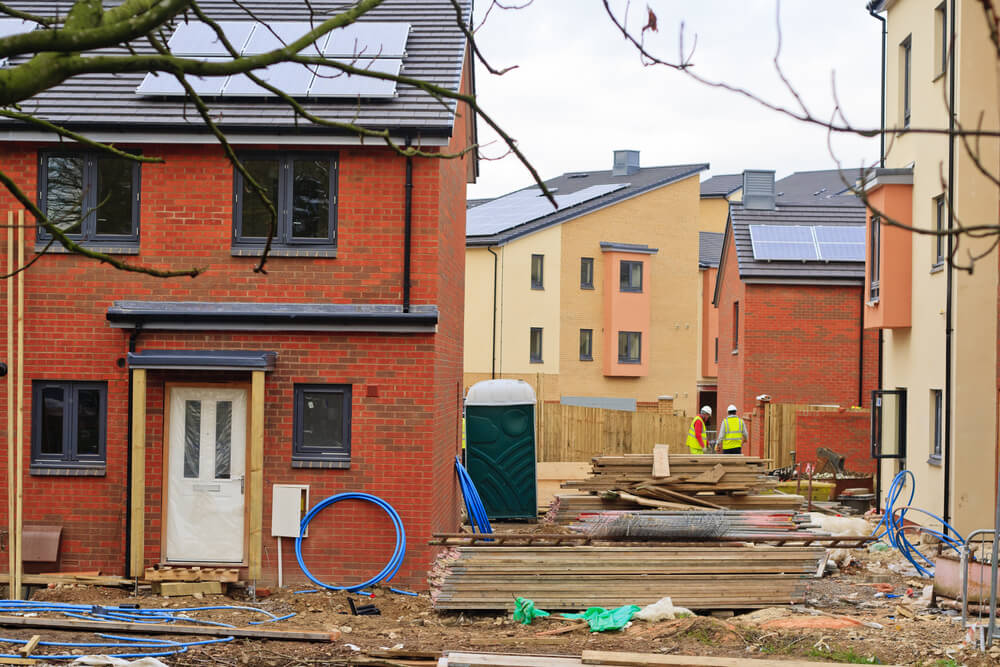ImpactAlpha, Aug. 15 – As part of his deal to support the sweeping climate legislation just passed in the U.S. Congress, Sen. Joe Manchin secured an agreement to get a vote on separate legislation to speed permitting of energy projects, including oil and gas infrastructure. Such “permitting reform” is considered essential to one of Manchin’s pet projects, the 300-mile Mountain Valley Pipeline, which is intended to carry fracked natural gas from West Virginia to Virginia.
The bill’s support for fossil fuels means environmental and climate-justice advocates will follow up any celebrations of the bill’s signing this week with a concerted campaign to forestall or undo provisions that harm local communities or climate goals more broadly.
“While we understand high stakes deal-making, we reject compromises that continue to put fossil fuel development at the center of our nation’s economy,” nearly three dozen members of the Green Leadership Trust wrote to President Joe Biden. The network’s members are Black, Indigenous, Latinx and other people of color serving on the boards of environmental and climate finance organizations.
Several of the act’s provisions, the letter says, “will delay progress towards just climate policies because of its failure to address the core environmental and economic well-being of communities.”
National Environmental Policy Act. Expect to hear a lot more about permitting reform. Manchin may not have the votes. “Progressive members have no reason to hold themselves to Manchin’s deal, and are free to assess whether permitting reform makes sense on the merits. It does not,” David Dayen writes in The American Prospect.
The bill also changes part of the Clean Water Act to make it harder to stop pipeline projects. The Sierra Club said it would fight the changes.
“And we will always work to stop polluting projects, including the Mountain Valley Pipeline. That will never change,” the organization said in a statement.
Oil and gas leasing. The act requires the federal government to open parts of the Gulf of Mexico and Alaska’s Cook Inlet for oil and gas development. The bill also requires the government to auction millions of acres of oil and gas leases before it auctions sites for wind and solar projects.
Climate activists hope both politics and economics will make it untenable for oil and gas companies to pursue such leases.
Carbon capture. Technologies that pull greenhouse gasses from industrial waste streams will be able to count on prices of $85 for a ton of captured carbon. Carbon from direct-air capture projects will fetch $180 a ton. There is growing agreement that carbon removal will be needed to reach global climate goals (for context, see, “How climate investors are getting ready for the carbon removal boom”).
But activists are concerned the technology will become an excuse to continue to operate polluting plants. The Green Leadership Trust called on Biden to ensure that carbon-capture “neither extends the life of plants that should be mothballed asap nor extends the toxic pollution risks that fenceline communities already face.”
Environmental justice. The bill invests $60 billion for environmental justice priorities, including pollution clean up and low-carbon retrofits in low-income communities. A tax on methane emissions will spur from oil and gas companies to cap wells and plug leaks in infrastructure that is predominantly sited near low-income communities.
The bill includes direct payments to enable entities that can’t benefit from tax breaks to participate.
And more than half of the $27 billion in the “green bank” fund is earmarked for disadvantaged communities. But advocates for community development financial institutions and minority-depository institutions object that many community-based lenders are excluded because of restrictions in the bill.
“There is reason to be upset at the prospect of perhaps increased oil and gas leases on federal land. That’s not good,” FullCycle’s Stephan Nicoleau said on ImpactAlpha’s Impact Briefing podcast.
“But we have to think of this as the laying of a foundation, a really strong one, that gives us some line of sight into the ways that private enterprise, citizens and investors of all stripes can now participate in the kind of low carbon transition that is secure.”

